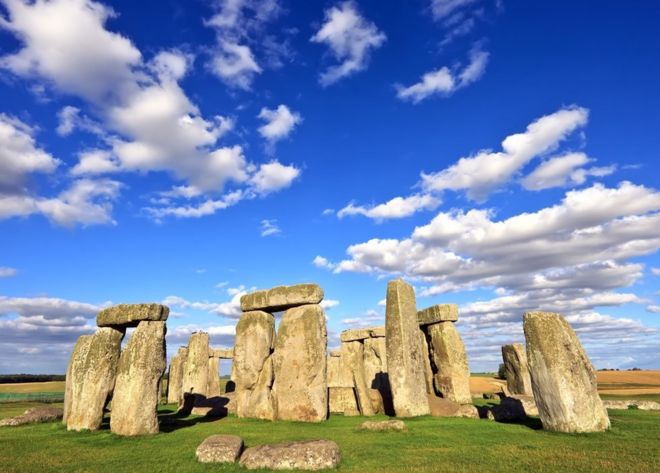I decided that Ylvis' viral dance video spoof "What does the fox say"
makes more sense than people trying to make sense of the ACA debates.
But this video is even funnier as a statement
(or a spoof on 80s epic ballad videos?):
Stonehenge -Ylvis [OFFICIAL MUSIC VIDEO] [FULL HD] [3D] - YouTube
[ame=http://www.youtube.com/watch?v=klJhWr_FTaE]Stonehenge -Ylvis [OFFICIAL MUSIC VIDEO] [FULL HD] [3D] - YouTube[/ame]
makes more sense than people trying to make sense of the ACA debates.
But this video is even funnier as a statement
(or a spoof on 80s epic ballad videos?):
Stonehenge -Ylvis [OFFICIAL MUSIC VIDEO] [FULL HD] [3D] - YouTube
[ame=http://www.youtube.com/watch?v=klJhWr_FTaE]Stonehenge -Ylvis [OFFICIAL MUSIC VIDEO] [FULL HD] [3D] - YouTube[/ame]


